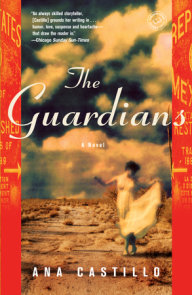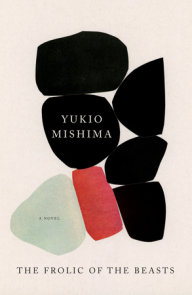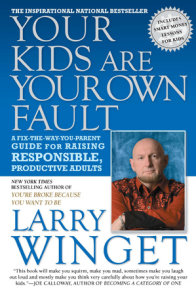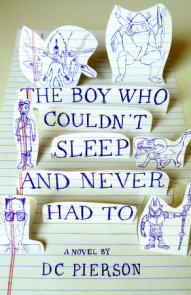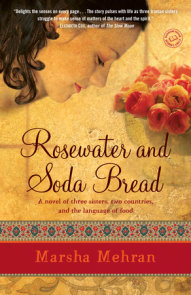READERS GUIDE
Questions and Topics for Discussion
1. Koff uses the term "double vision" to describe how she views the bodies she excavates – she looks at them as both objects of scientific evidence and loved ones of grieving families and friends left behind. How does this double vision help Koff complete her work? At what points in The Bone Woman does she find herself unable to maintain a balance between the two views.
2. When exhuming bodies, Koff often makes careful note of waht they are wearing and the items they’ve retained, such as tax receipts, house keys, and identity cards. She states, "It wasn’t until I had seen more ofthese artifacts that their significance dawned on me" (page 61). How do these artifacts help the anthropologists in their work? What conclusions can be drawn from them?
3. How did the book Witnesses from the Grave lead Koff from her university studies in archaeology to forensic anthropology? How did her parents and her upbringing contribute to her interests? What were her motivations for entering this line of work?
4. How do Koff and her teammates emotionally cope with working in mass graves? How do their strategies for dealing with this environment differ?
5. The shooting that Koff witnesses in Kibuye is a defining event in the memoir. Koff writes, " The episode and its aftermath underscored my concern that we weren’t doing enough to help the living people associated with the bodies in the grave" (page 67). Discuss how this experience affects Koff.
6. Koff discusses "the importance of having team members who are team players, who look to each other for backup and can double-check each other’s work without bristling" (page 97). What are other characteristics forensic anthropologists need to possess in order to succeed in their work?
7. Koff writes, "I knew that, despite the importance of the work we were doing, a toll would be exacted by this life. I didn’t know what kind of toll, or when it would happen, or how long I would last" (page 150). What symptoms of trauma does Koff exhibit from her experiences? How do the team’s emotional responses manifest themselves?
8. Reflecting on her experience in Kigali, Koff writes, "If I hadn’t joined the second mission to Rwanda, I wouldn’t have learned that my guilt was misplaced" (page 112). What does she mean by this? For Koff, how does the Kibuye mission differ from the Kigali mission?
9. What is Koff’s explanation for the murders of noncombatants and civilians in such great numbers? How does she assess the reasoning behind these killings?
10. Throughout The Bone Woman, how does Koff change? Do you notice a significant transformation in her worldview, philosophies, and emotional thresholds at the end of her account?








